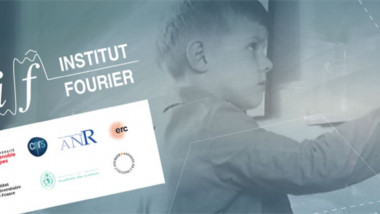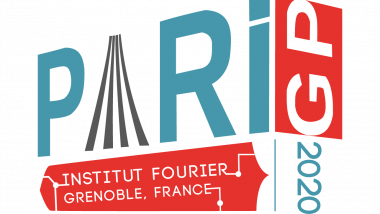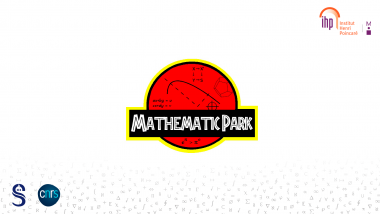Superfluidity from correlations in driven boson systems
Appears in collection : 2024 - T1 - Quantum many-body systems out-of-equilibrium
We investigate theoretically the superfluidity of a one-dimensional boson system whose hopping energy is periodically modulated with a zero time average, which results in the suppression of first-order single-particle hopping processes. The dynamics of this Floquet-engineered flat-band system is entirely driven by correlations and described by exotic Hamiltonian and current operators. We employ exact diagonalization and compare our results with those of the conventional, undriven Bose-Hubbard system. We focus on the two main manifestations of superfluidity, the Hess-Fairbank effect and the metastability of supercurrents, with explicit inclusion of an impurity when relevant. Among the novel superfluid features, we highlight the presence of a cat-like ground state, with branches that have opposite crystal momentum but carry the same flux-dependent current, and the essential role of the interference between the collective components of the ground-state wave function. Calculation of the dynamic form factor reveals the presence of an acoustic mode that guarantees superfluidity in the thermodynamic limit. The level statistics of the effective Hamiltonian is also discussed.












